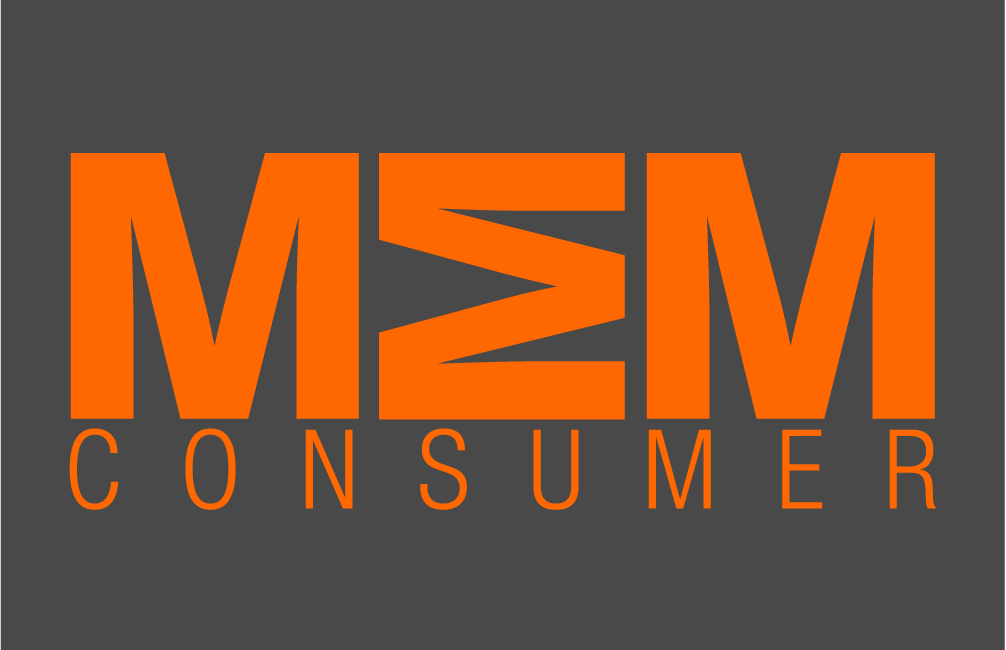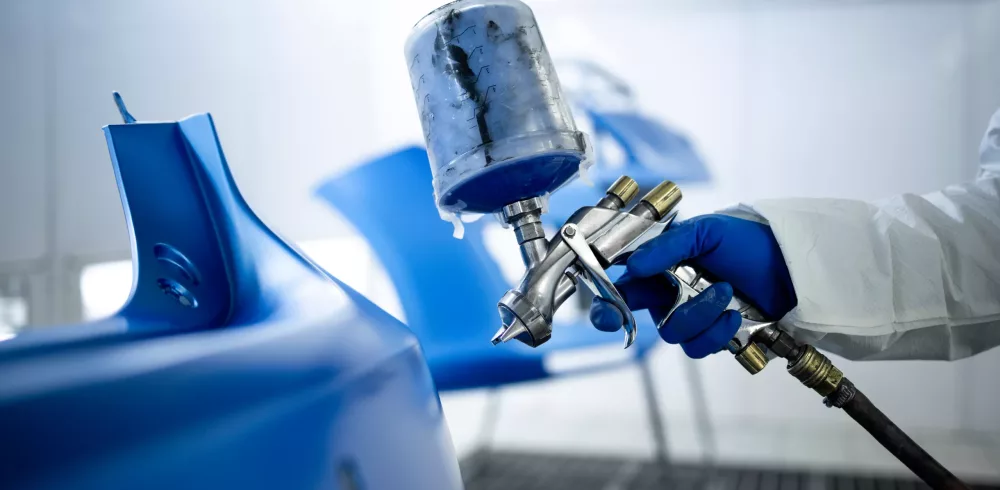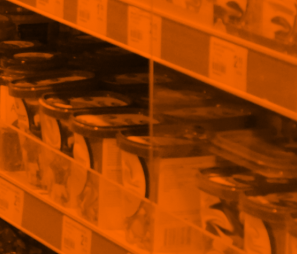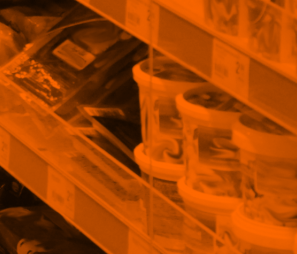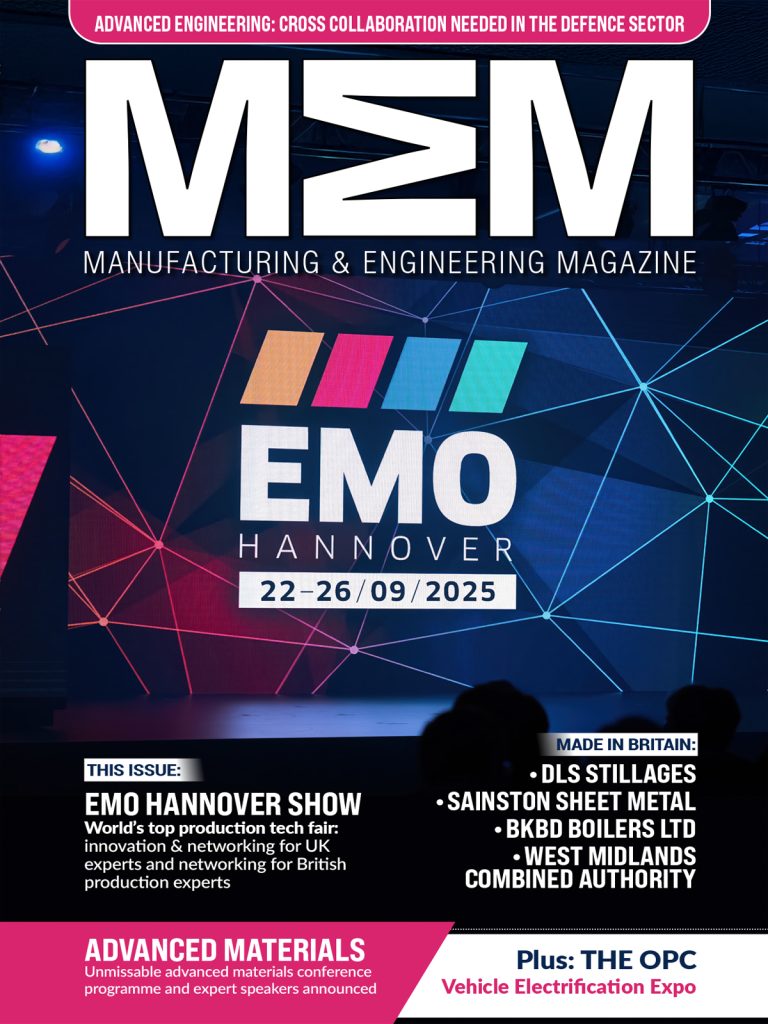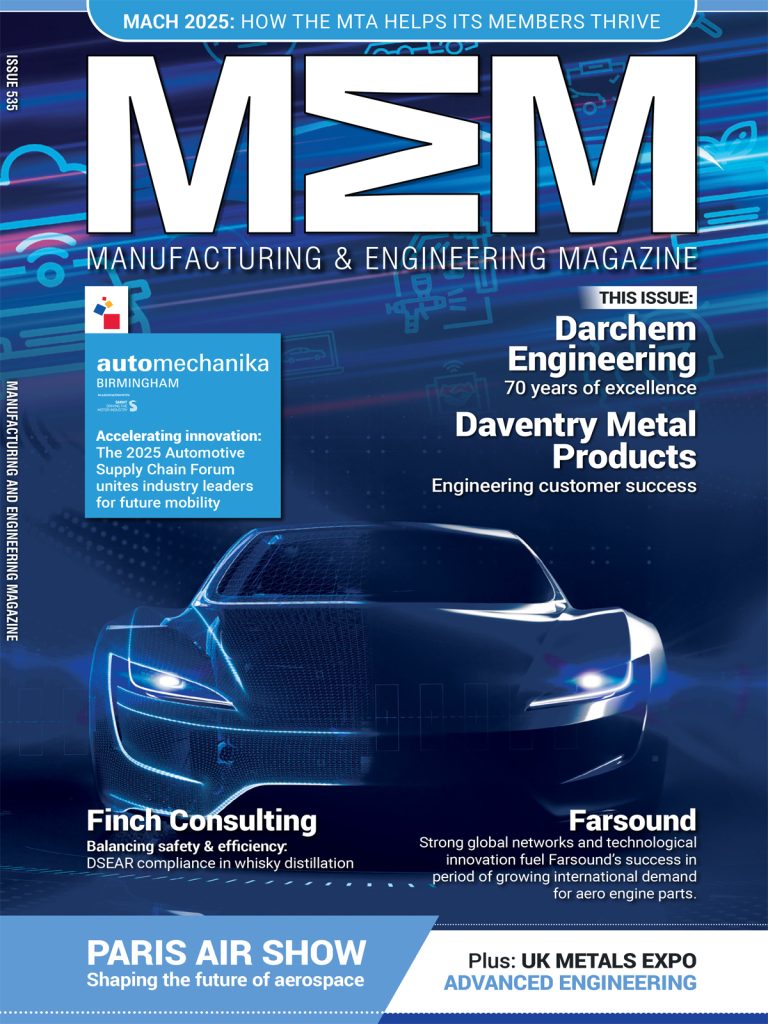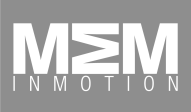Spray painting has become an integral part of various industries, offering an efficient and versatile method for applying coatings to surfaces. However, each industry has unique requirements when it comes to selecting the appropriate spray paint. Junair, who manufactures spray booths and designs paint finishing systems, explains how these five diverse industries can choose the right type of spray paint for their applications. .
Automotive Industry
In the automotive sector, choosing the right spray paint is crucial for achieving a flawless finish that is both visually appealing and durable. Automotive spray paints must withstand exposure to varying weather conditions, UV radiation, and road debris. Manufacturers in this industry often opt for automotive-grade paints that offer excellent adhesion, corrosion resistance, and colour retention. Water-based acrylic paints are popular due to their low volatile organic compound (VOC) content, making them environmentally friendly. For high-performance vehicles, specialised finishes like metallic or pearl paints can add a touch of luxury.
Furniture and Woodworking Industry
In the furniture and woodworking industry, spray paints are used to bring out the natural beauty of wood while providing protection. Water-based or oil-based paints can be chosen based on the desired finish. Water-based paints dry quickly and emit fewer fumes, making them suitable for indoor use. Oil-based paints, on the other hand, offer greater durability and can handle outdoor applications. Furniture makers often consider factors like ease of application, coverage, and the ability to achieve smooth surfaces when selecting spray paints.
Aerospace Industry
For the aerospace industry, spray painting is about more than just aesthetics. Aircraft and spacecraft need coatings that can withstand extreme temperature fluctuations, atmospheric conditions, and potential exposure to chemicals. Epoxy-based paints are commonly chosen for their exceptional adhesion and resistance to corrosion. Heat-resistant paints are crucial for parts that experience high temperatures, such as engine components. The aerospace sector also uses lightweight coatings that don’t compromise the overall weight of the aircraft.
Construction Industry
In the construction and architecture industry, spray paints serve multiple purposes, from adding colour to walls and ceilings to marking guidelines on construction sites. Water-based latex paints are often preferred for their ease of use and ability to cover large surfaces quickly. Exterior paints need to withstand weathering, so UV-resistant and weather-resistant options are critical. When it comes to marking, fluorescent and reflective paints are valuable for creating highly visible markings on roads and construction zones.
Marine Industry
The marine industry requires spray paints that can withstand the harsh conditions of saltwater and constant exposure to moisture. Marine-grade paints are specially formulated to resist corrosion and abrasion, making them ideal for boats, ships, and other watercraft. Epoxy-based coatings with high resistance to water and UV radiation are commonly used. The colour selection should also consider the potential for fading due to the sun and salt exposure.
Each industry must carefully assess its unique needs when selecting the right type of spray paint. Factors such as durability, weather resistance, finish, and application method play a pivotal role. By understanding these requirements and choosing paints that align with them, different industries can ensure that their projects receive the best protection and aesthetics that spray paints can offer.
Manufacturing & Engineering Magazine | The Home of Manufacturing Industry News


